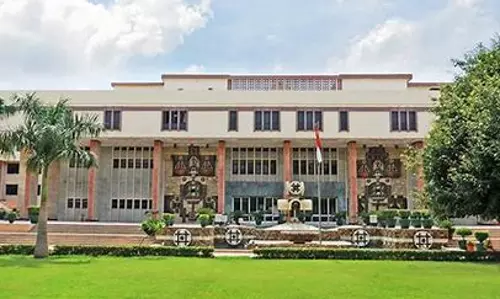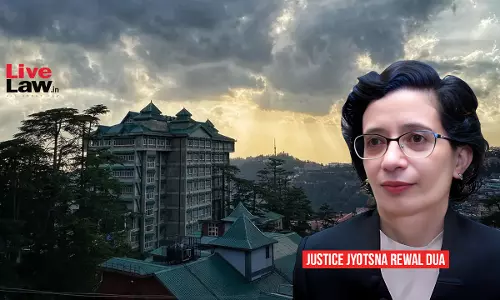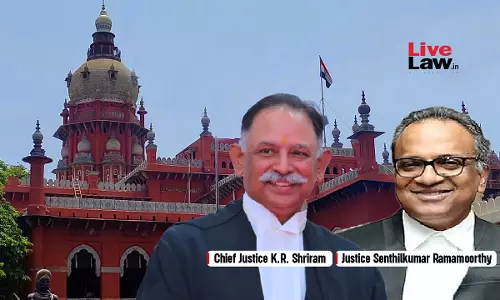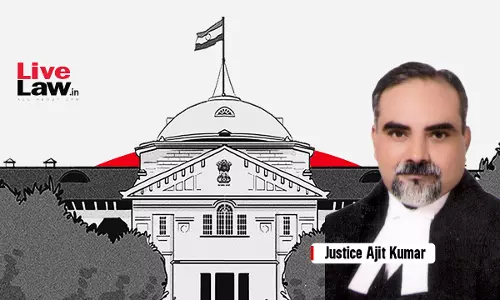Arbitration
Once Person Empowered To Nominate Arbitrator Becomes Ineligible U/S 12(5), Matter Shall Not Be Referred To Arbitration: Patna High Court
The Patna High Court bench of Chief Justice K Vinod Chandran has held that once the person empowered to nominate an arbitrator under an arbitration clause becomes ineligible to nominate the arbitrator, the matter shall not referred to the Arbitration. Brief Facts An agreement was executed between the petitioner and the respondent in pursuance of a tender floated by the respondent....
Arbitration Weekly Round-Up [ 2nd December To 8th December, 2024]
High Courts Allahabad High Court Arbitration Clause Cannot Be Invoked Post Expiry Of Tenancy Agreement: Allahabad High Court Case Title: Anoop Maheshwari v. Thomas T. Kurian [S.C.C. REVISION No. - 157 of 2024] While entertaining a revision petition related to a tenancy agreement, the Allahabad High Court has held that a clause for arbitration cannot be invoked for any...
Order Passed U/S 11 Cannot Be Recalled If Valid Arbitration Agreement Exists To Justify Reference Of Parties To Arbitration: Calcutta HC
The Calcutta High Court bench of Justice Sabyasachi Bhattacharyya has held that an order passed under section 11 of the Arbitration Act on the basis of an arbitration clause cannot be recalled merely on the ground that reply given to a notice under section 21 was suppressed. Brief Facts The present application has been filed seeking recall of an order dated August 30, 2024 passed...
Petition U/S 11 Of Arbitration Act Cannot Be Entertained After Lapse Of 3 Yrs From Date Of Cause Of Action Arising: J&K High Court
The Jammu & Kashmir And Ladakh High Court bench of Justice Tashi Rabstan has held that the petition under section 11 of the Arbitration Act cannot be entertained after lapse of 3 years from the date of cause of action having arisen. Brief Facts The petitioner is a private limited company has filed this petition under section 11 of the Arbitration Act seeking appointment of...
Interpretation Of Contractual Stipulations Must Be Done To Give Full Effect To Arbitration Agreement: Rajasthan High Court
The Rajasthan High Court Bench of Justice Sudesh Bansal has held that it is a well-established principle of law if there is any contractual stipulation between the parties which under-mines the scope of the arbitration clause. Then, the same will be given an interpretation in the manner which gives full effect to the arbitration agreement between...
Findings Of Calcutta HC Cannot Be Challenged Before Courts At Patna After Objections Over Jurisdiction Were Dismissed: Patna High Court
The Patna High Court Bench of Justice Sandeep Kumar has held that the findings of the Calcutta High Court cannot be challenged in the Courts at Patna. Additionally, the court noted that the respondent had first approached the Calcutta High Court by preferring an application under Section 9 of the Act. Therefore, the provisions of Section 42 of the Act would be attracted, and...
[Arbitration Act] S.2(1)(f) Is Non-Derogable, Applicability Cannot Be Excluded Even By Mutual Consent Of Parties: Delhi High Court
The Delhi High Court bench of Justice Neena Bansal Krishna has held that section 2(1)(f) of the Arbitration Act which defined the International Commercial Arbitration is a non derogable provision and its applicability cannot be excluded even by mutual consent of the parties. Brief Facts This petition has been filed under section 34 of the Arbitration Act against two awards passed...
Delhi High Court Appoints Sole Arbitrator In Gas Supply Dispute, Invalidates Previous Arbitration Clause In View Of CORE Judgment
The Delhi High Court bench of Justice Sachin Datta has observed that the arbitration agreement which contemplated the appointment of the sole Arbitrator to be made out of a panel of three persons chosen by the petitioner was no longer valid in view of the judgment of the Supreme Court in Central Organisation for Railway Electrification Vs. ECI SPIC SMO MCML (JV) A Joint Venture Company....
Delhi High Court Sets Aside Claim Of Rs.15 Lakh Awarded By Arbitral Tribunal Due To Lack Of Evidence
The Delhi High Court Bench of Justice Vibhu Bakhru and Justice Sachin Datta held that after persuading the Supreme Court to refer the disputes to arbitration, it is not open for the appellant to now question the validity of the reference. Additionally, the court held that the respondent had not placed any evidence on record to establish the cost of such construction. Therefore,...
Court Not Having Jurisdiction To Entertain Application U/S 34 Cannot Go Into Merits Of Award: Himachal Pradesh High Court
The Himachal Pradesh High Court bench of Justice Jyotsna Rewal Dua has held that once the court comes to the conclusion that it didn't have jurisdiction to entertain the application under section 34 of the Arbitration Act, it cannot go into the merits of the case. This appeal under section 37 of the Arbitration Act arose out of an order passed by the District Judge by...
Ineligibility Of Arbitrator Cannot Be Challenged First Time Under Section 34 Of Arbitration Act: Madras High Court
The Madras High Court bench of of Chief justice Mr. K.R.Shriram and Justice Senthil Kumar Ramamoorthy has held that the ineligibility of the Arbitrator cannot be challenged for the first time under section 34 of the Arbitration Act when there were enough opportunities to challenge the same in the earlier proceedings. Brief Facts This appeal has been filed under section 37 of...
Arbitration Clause Cannot Be Invoked Post Expiry Of Tenancy Agreement: Allahabad High Court
While entertaining a revision petition related to a tenancy agreement, the Allahabad High Court has held that a clause for arbitration cannot be invoked for any disputes that arise after the contract has come to an end.“… it clearly transpires that existence of a contract is necessary for invocation of arbitration clause prescribed under the agreement as the clause would perish with...



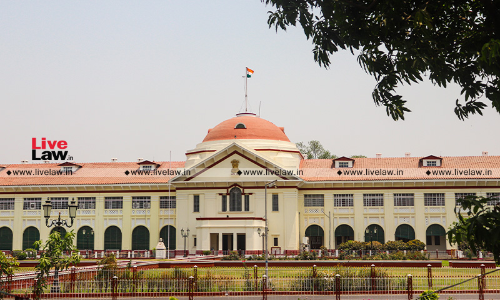
![Arbitration Weekly Round-Up [ 2nd December To 8th December, 2024] Arbitration Weekly Round-Up [ 2nd December To 8th December, 2024]](https://www.livelaw.in/h-upload/2024/05/24/500x300_541379-weekly-round-up-arbitration.webp)
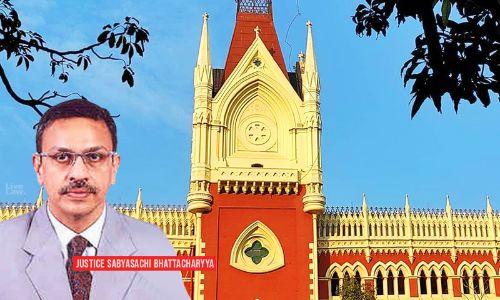
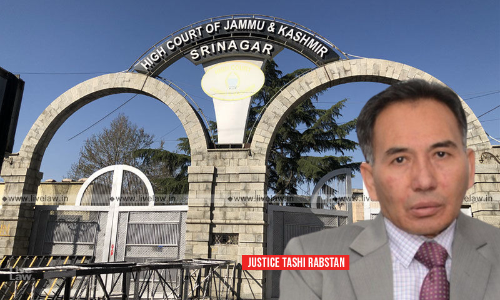
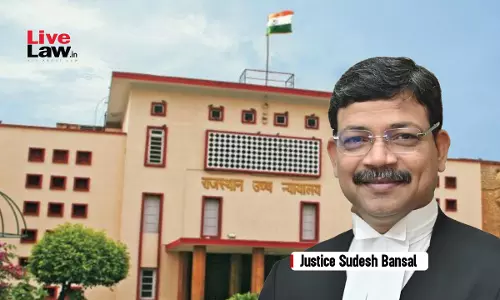
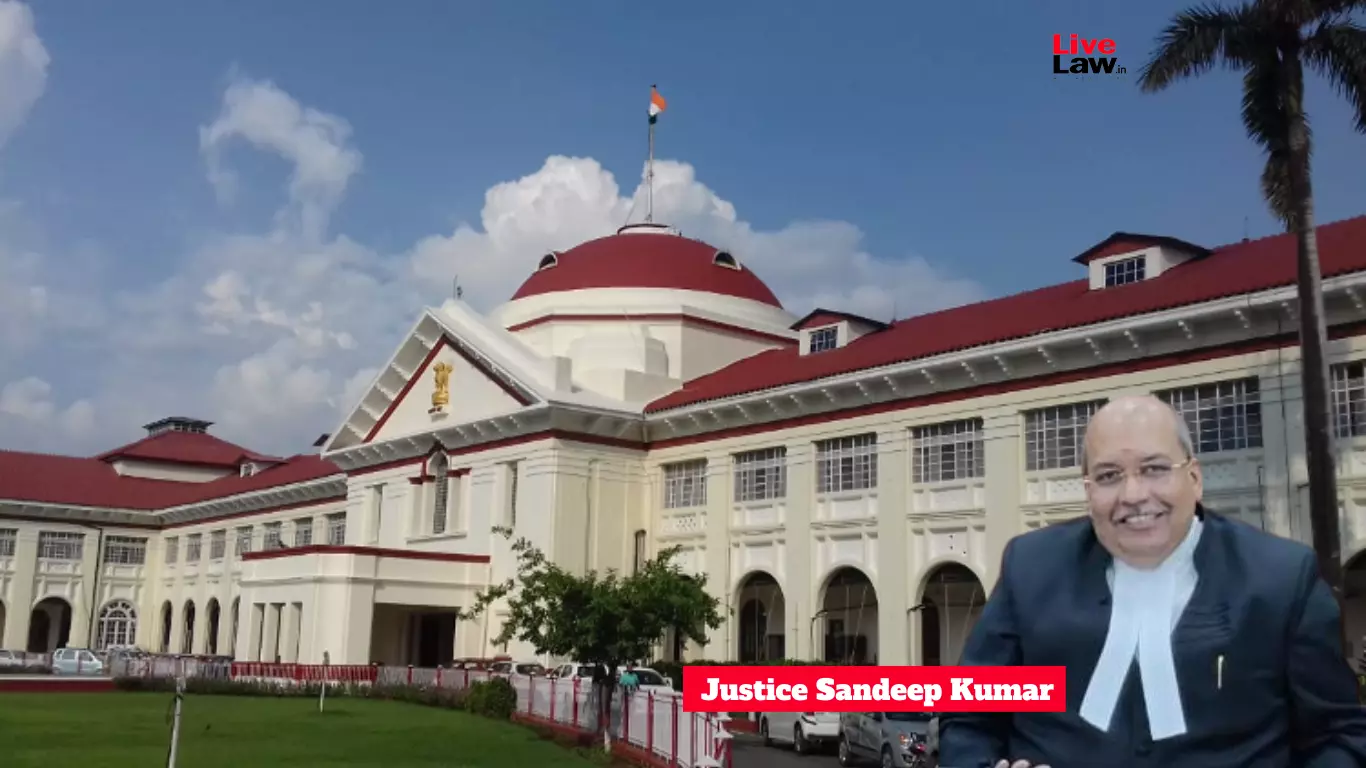
![[Arbitration Act] S.2(1)(f) Is Non-Derogable, Applicability Cannot Be Excluded Even By Mutual Consent Of Parties: Delhi High Court [Arbitration Act] S.2(1)(f) Is Non-Derogable, Applicability Cannot Be Excluded Even By Mutual Consent Of Parties: Delhi High Court](https://www.livelaw.in/h-upload/2022/10/11/500x300_438661-justice-neena-bansal-krishna-and-delhi-hc.jpg)

